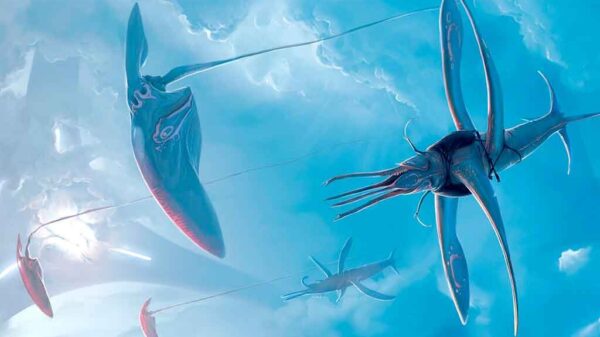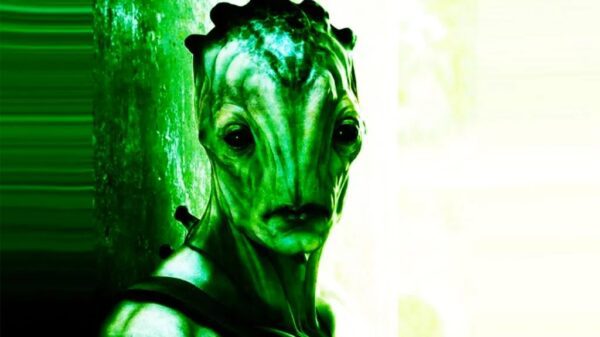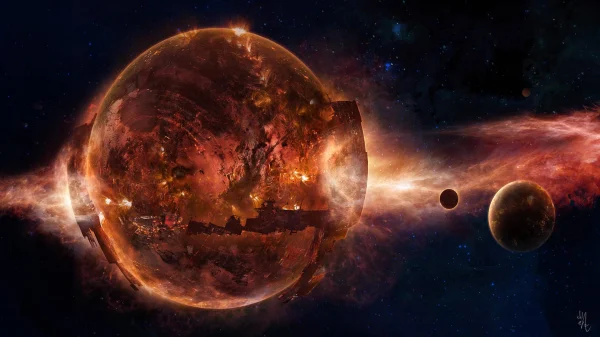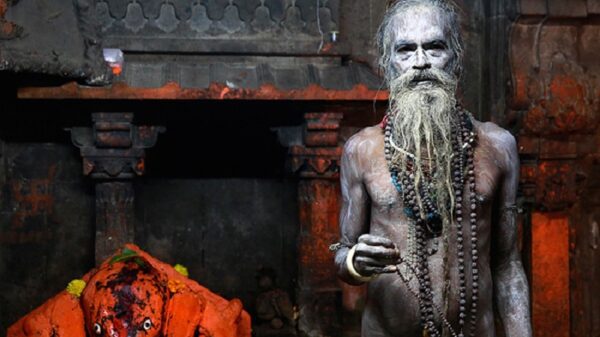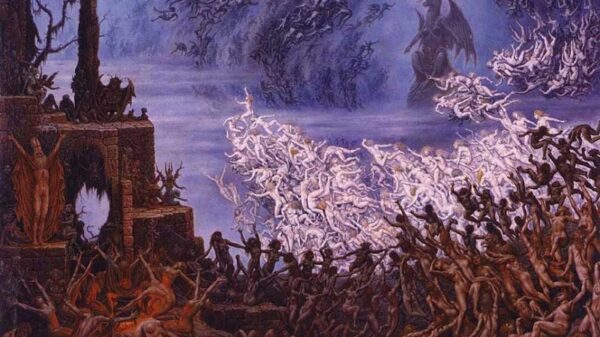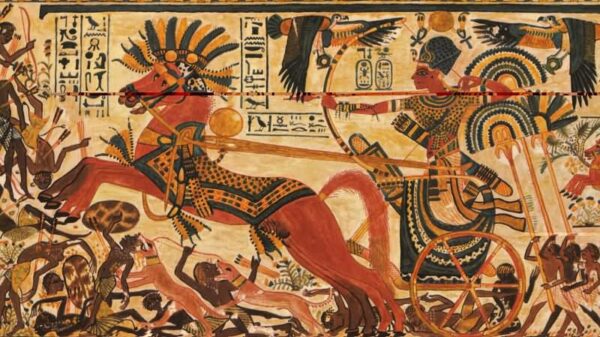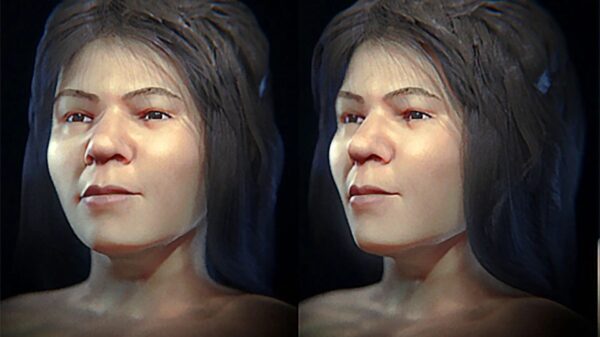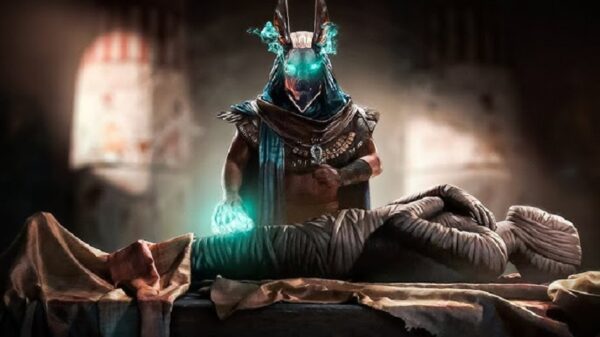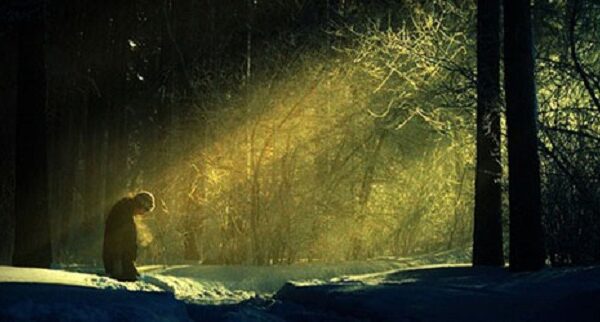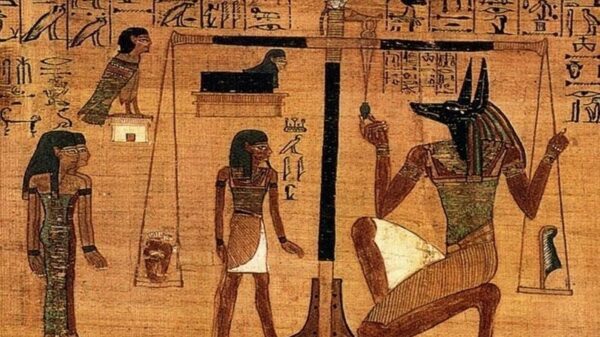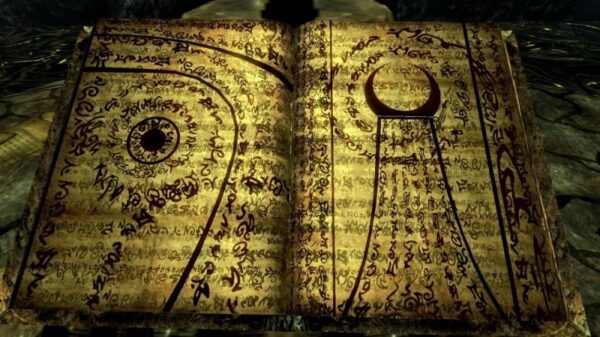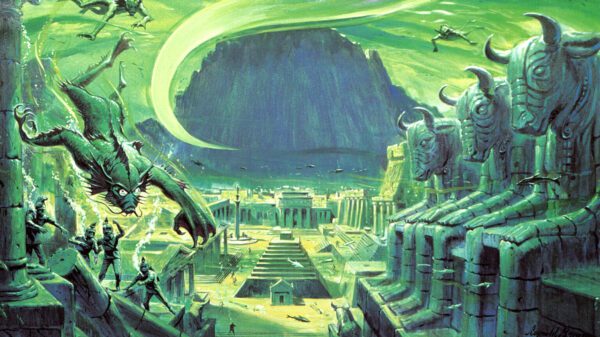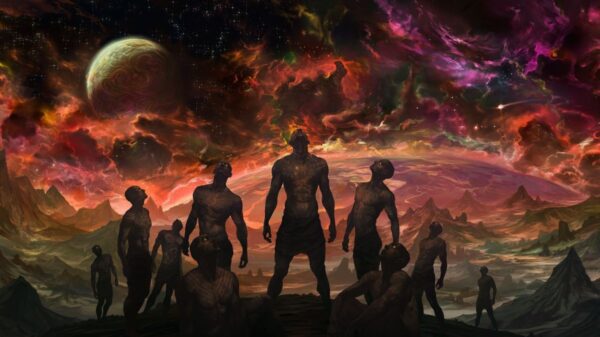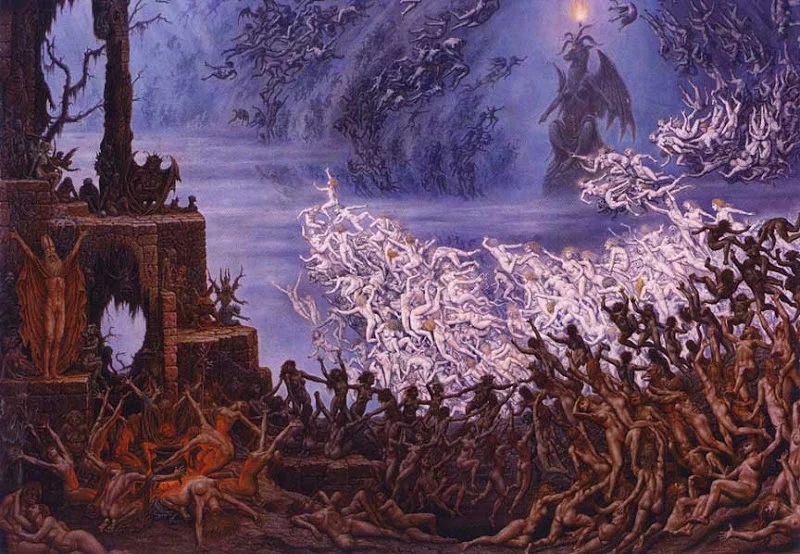In those distant times, when the ancient gods ruled over the destinies of people, there was a place that every person knew about – it was the mysterious underground kingdom of Hades, the kingdom of the shadows of the dead. This world was hidden from human eyes, where the souls of the dead fell to find their true fate there.
Death is an integral part of life, and everyone who lived in those days knew that when his last hour came, he would go to Hades. But what fate awaited the shadow of the deceased there? This eternal mystery interested all the living: after all, few people managed to get into Hades and return from there unharmed. And who managed to do it?
In ancient Greek mythology, there are several characters who, according to legend, descended into the underworld of the kingdom of Hades and were able to return from there to the world of the living. Let’s remember some of them.
Heracles. One of the most famous heroes of ancient Greek myths, Hercules, performed the Twelve Labors. One of these feats is the descent to Hades for the three-headed dog Cerberus.
Orpheus. A legendary musician and poet, Orpheus traveled to the realm of Hades to bring back his beloved Eurydice. He received permission to take her with him and return her to the world of the living, but on the condition that he should not look at her while they returned to the surface. However, he violated this condition, and Eurydice remained in Hades.
Persephone. Well, everything is clear with this lady, because she herself belonged to the assembly of the gods, since she was the daughter of Zeus and Demeter. Persephone became the goddess of the underworld and the wife of Hades after she was abducted by him. She was allowed to spend part of the year on the surface, and part of the time she had to live in Hades.
Odysseus also travels to the realm of Hades. Kirk the sorceress told Odysseus of his next task: in the realm of Hades, he must seek advice from Tiresias, the blind prophet, and try to find his way home to Ithaca. Odysseus arrives in the realm of Hades, where he performs a ritual to summon the shadows of the dead. There Odysseus saw the souls of famous heroes such as Achilles, Agamemnon and others. He then meets the soul of his mother, Anticlea, who informs him of the events taking place in Ithaca. After that, Odysseus meets with Tiresias, who predicts the future for him and warns of the difficulties that await him on the way to home.
Theseus. The hero of Athenian legends, Theseus traveled to Hades in search of a bride for his friend Pirithous, who believed that none other than Persephone should have become his wife. Understandably, mischievous friends did not calculate their strength and were punished by chaining to a rock for several years. From there they were rescued by the omnipresent and omnipotent Hercules.
Achilles. In some versions of the myth, Achilles traveled to Hades to find out his fate after death.
Homer. Legend claims that the ancient Greek poet Homer descended to Hades to get inspiration and get acquainted with the souls of the departed heroes and sages.
It is from those who have been in the underworld that we learned something about how the souls of the dead wander in the kingdom of Hades.

So, the kingdom of Hades is the underworld in ancient Greek mythology, where the souls of the dead fall. It is located either beyond the boundaries of the Ocean, or in the bowels of the earth, and is considered a dark analogue of the radiance of Mount Olympus, where the realm of the dead corresponds to the realm of the gods. Hades is also the name of the patron god of this world, who rules it with his wife Persephone.
In order to get to the kingdom of Hades, souls need to cross one of the five rivers that reflect the emotions associated with death: Styx – hatred, Acheron – pain, Lethe – oblivion, Phlegeton – fire and Cocytus – crying. The carrier of souls is Charon, who demands payment for his service. If the deceased did not put a coin under the tongue, then his soul will remain wandering along the banks of the river: Charon will not let anyone into the kingdom of the dead for free.
Each river had its own purpose
The most important river Styx is very important in the kingdom of Hades.
Acheron is one of those rivers in the underworld and the elements of air, through which Charon transported the souls of the dead in a canoe. Acheron was also associated with sadness, grief and suffering. In literature, Acheron is mentioned in the works of Homer, Virgil, Ovid and Dante. Near the river was an oracle, where they came for guidance to the soul after the death of the body.
Lethe is another river in the underworld where Hades rules. Leta is the river of oblivion. According to ancient Greek ideas, the dead drank from this river and forgot everything that happened in their lives. Only a select few, such as the prophet Tiresias or the hero Amphiaraus, retained their memory and wisdom after death. Those who had the good fortune to return to the world of the living also had to drink water from this river: they had to forget about everything that they had seen in the underworld. Remember the expression: sink into Summer? It means to disappear and be completely forgotten.
Leta was also one of the symbols of the afterlife in ancient Greek culture. There was also an oracle near the Lethe River, and the souls asked him for instructions on how to behave after the death of the body. In the underworld there was also another river, Mnemosyne, which gave memory and omniscience. Some later teachings claimed that after death, souls were given the choice of which river to drink from. The Lethe River is mentioned in the works of Homer, Plato, Virgil, Ovid and Dante.
Phlegeton is a river in the realm of the dead, through which Charon also ferried the souls of the dead in a canoe. Phlegeton was also associated with violence, anger and anguish. In literature, Phlegeton is mentioned in the works of Homer, Plato, Virgil, Ovid and Dante. Phlegethon is known as the river of fire and flame, and it played its part in describing the terrain of the underworld. In Dante’s Divine Comedy, for example, Phlegeton is described as a river of boiling bloody fire meant to punish sinners.
The fifth river is Cocytus: it is a river of lamentations and lamentations, a tributary of the Styx, flowing in the underworld where Hades rules. Cocytus was also associated with the river of oblivion, with icy cold and suffering. In literature, Cocytus is mentioned in the works of Homer, Virgil, Ovid and Dante.
Having crossed one of the underground rivers, the soul of the deceased may consider that half of the way has already been passed. The next step is judgment.
Judgement time
After the crossing, the souls are judged by three judges: Minos, Rhadamanthus and Aeacus, who decide where to send them, depending on what actions a person has performed in life. There are different areas of the kingdom of Hades, where souls receive a different fate.
Tartarus is the deepest and darkest part of the underworld, where the titans and other enemies of the gods are thrown. The souls of sinners and those who committed especially grave crimes fell into Tartarus. It was a place of suffering and torment. Here they are subjected to cruel tortures and punishments for their crimes. For example, Tantalus suffers from thirst and hunger, Sisyphus pushes an ever-falling stone, Ixion spins on a wheel of fire, and the Danaids fill a leaky vessel.
Meadows of Asphodel or Fields of Asphodel: Most of the dead, considered not very virtuous but not particularly sinful, were supposed to exist in the Fields of Asphodel, where they spent their days in long shadow and melancholy. These meadows are a gray and dull plain where most souls lived. They have no feelings or memories, and the shadows of the dead lead a ghostly existence. Here you can meet the souls of the heroes of the Iliad and the Odyssey, such as Achilles, Agamemnon, Patroclus and others.

Mourning fields are the realm for the souls of those who died of love or suffered because of it. Here you can see Orpheus, Aeneas, Dido and others.
Elysium, Elysian fields – for the deserving and especially virtuous dead there was a place in Elysium, where they could enjoy immortality and bliss. This place is a heavenly realm for the souls of those who have been pious and righteous in life. Elysium is a place for heroes, warriors and other worthy souls. Here they enjoy peace, harmony and happiness. Such characters as Menelaus, Radamanthes and others got here.
The Islands of the Blessed are an even higher degree of proportion and harmony of happiness for the souls of those who have been especially kind and wise in life. Here they live in harmony with nature and the gods. Such characters as Perseus, Cadmus, Peleus and others got here.
This story of what awaits the shadow of the dead after arriving in the realm of Hades reminds us of the importance of our actions and choices in life. Each of us can choose our own path, and our good deeds can light up dark corners even in the underworld.
